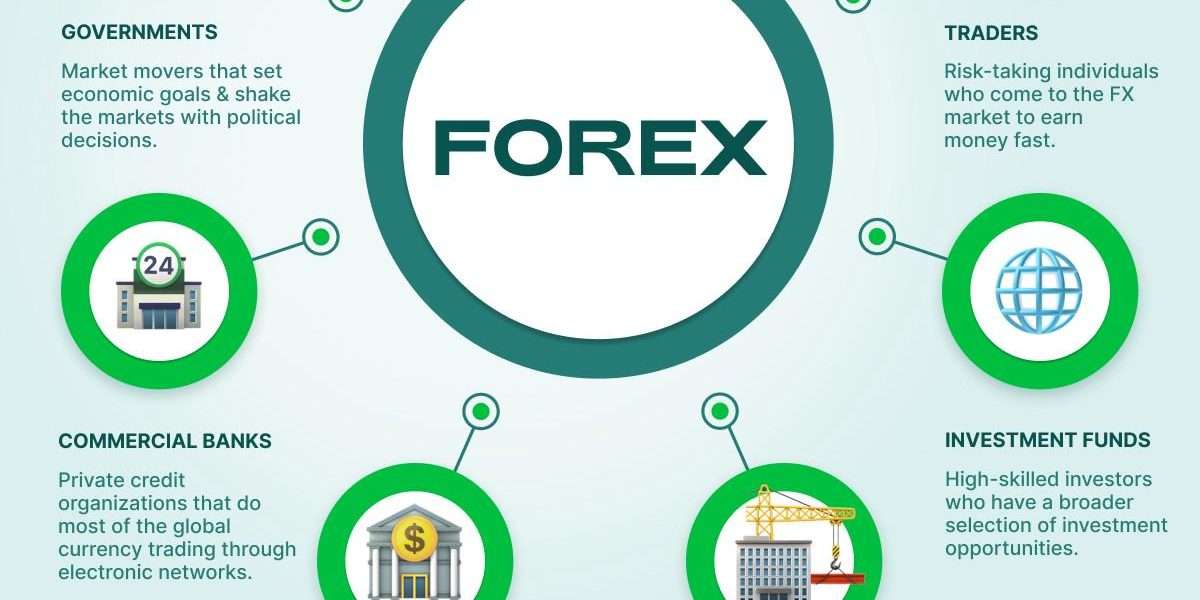Forex trading‚ or foreign exchange trading‚ involves buying and selling currencies with the aim of profiting from fluctuations in their exchange rates. But where does this activity fit within the broader financial landscape? This article explores the categorization of forex trading‚ examining its characteristics and how it relates to other financial markets and instruments. We’ll delve into the nuances that define its position and understand what makes it a unique and dynamic arena for investors.
Understanding Forex as an Over-the-Counter (OTC) Market
Forex trading primarily operates as an over-the-counter (OTC) market. This means it doesn’t have a centralized exchange like the stock market.
The decentralized nature of the OTC market offers several key features:
- Global Accessibility: Trading occurs across a network of banks‚ financial institutions‚ and individual traders worldwide.
- 24/5 Availability: The market operates nearly 24 hours a day‚ five days a week‚ offering flexibility for traders in different time zones.
- High Liquidity: The forex market is the largest financial market globally‚ with trillions of dollars changing hands daily‚ ensuring relatively easy entry and exit for trades.
Forex as an Investment Vehicle
Forex trading is also considered an investment vehicle‚ similar to stocks‚ bonds‚ and commodities. Its aim is to generate profit from price movements.
Here’s a table comparing Forex to other common investment vehicles:
| Investment Vehicle | Primary Asset | Typical Risk Level | Accessibility |
|---|---|---|---|
| Forex | Currencies | High | Highly Accessible (Online Brokers) |
| Stocks | Company Shares | Medium to High | Accessible through Stock Exchanges |
| Bonds | Debt Instruments | Low to Medium | Accessible through Brokers and Governments |
| Commodities | Raw Materials (e.g.‚ Gold‚ Oil) | Medium to High | Accessible through Futures Markets |
The Speculative Nature of Forex
A significant portion of forex trading is speculative. Traders attempt to predict future currency movements and profit from those predictions.
Fact: Currency fluctuations are driven by a multitude of factors‚ including economic indicators‚ geopolitical events‚ and market sentiment. These factors introduce a degree of uncertainty‚ making forex trading inherently speculative.
Forex and Derivatives
Forex trading often involves the use of derivatives‚ such as currency futures and options. These instruments derive their value from the underlying currency pairs.
Common derivatives used in forex trading include:
- Currency Futures: Contracts to buy or sell a specific currency at a predetermined price and future date.
- Currency Options: Contracts that give the holder the right‚ but not the obligation‚ to buy or sell a currency at a specific price before a certain date.
FAQ: Frequently Asked Questions About Forex Trading
Here are some commonly asked questions regarding the categorization and nature of forex trading:
- Q: Is forex trading gambling?
A: While speculation is involved‚ successful forex trading requires knowledge‚ analysis‚ and strategy. It’s not purely based on chance like gambling.
- Q: Is forex trading regulated?
A: Yes‚ forex brokers are typically regulated by financial authorities in the countries where they operate. Regulation varies by jurisdiction.
- Q: Is forex trading suitable for beginners?
A: Forex trading can be complex and risky. Beginners should educate themselves thoroughly and start with a demo account before trading with real money.

